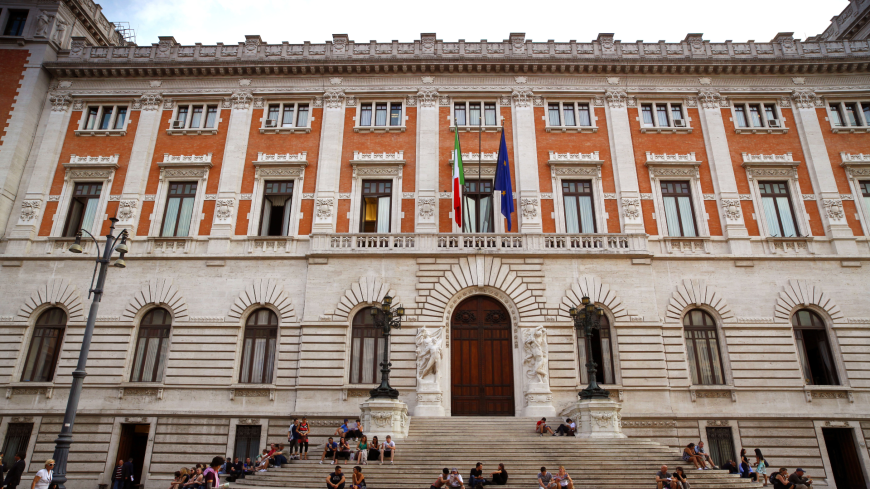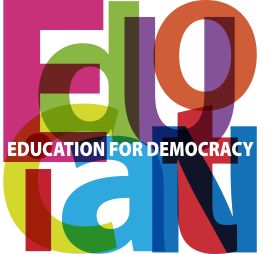The Head of the Council of Europe Education Department, Villano Qiriazi, took part in the conference “The real value of the qualification: the European Qualifications Passport for Refugees and the Italian experience” in the Italian Chamber of Deputies of the Italian Parliament, on the integration of refugees through access to education and employment in accordance with their qualifications.
The European Qualifications Passport for Refugees (EQPR), based on a binding convention, the Lisbon Recognition Convention, is a tested and credible instrument providing refugees with an assessment of qualifications that cannot be fully documented. It is about refugees being able to continue their studies or find a job related to their education.
The European Qualifications Passport for Refugees and the Italian experience
Italy is one of the countries where the EQPR has been used the most. Moreover, Italy has taken the lead with regard to the access to higher education for the EQPR holders. Through the Italian Rectors Conference and specific arrangements with universities, refugee EQPR holders can be accepted directly into universities. It has been the case for more than 60 EQPR holders.
Italy is also a first country in which the Council of Europe is upscaling the use of the EQPR methodology, through the joint European Union and Council of Europe project “Supporting an efficient national mechanism of recognition of refugees’ qualifications”. This project is co-funded by the European Union via the Technical Support Instrument, and implemented by the Council of Europe in co-operation with the European Commission Directorate-General for Structural Reform Support.
The purpose of the project is to support the Italian Ministry of University and Research in mainstreaming the EQPR methodology through the development of a national co-ordination mechanism for recognising refugee qualifications within administrative sectors, in and beyond academia, as a means of improving integration of refugees in Italy.
Key objectives are improved capacity of the public administration bodies to process applications for recognising refugees’ qualifications, even in cases where academic documentation is scarce or lacking, and increased opportunities for refugees with qualifications in regulated professions.
Since 2017, the interest in the EQPR has grown with national information centres on recognition in 22 countries, the UNHCR, public authorities and universities all working together on this project based on the notions of solidarity and shared responsibility.
CIMEA
Among other speakers, Luca Lantero, Director General of CIMEA (the Italian Information Centre for Academic Mobility and Equivalence), presented the Italian experience as the national centre appointed by the Ministry of University and Research, to cooperate with the Council of Europe on this project.
CIMEA has played a significant role in promoting the use of the EQPR in Italy. Its expertise in the evaluation and recognition of academic qualifications has been instrumental in ensuring that the EQPR is used effectively and efficiently in Italy.
CIMEA has also been involved in the dissemination of information about the EQPR to universities, employers, and other stakeholders in Italy. This has helped to raise awareness of the importance of recognising the qualifications of refugees and has contributed to the successful implementation of the EQPR in Italy, in addition to promoting the integration and inclusion of refugees in Italian society.
Watch the conference (YouTube): https://www.youtube.com/watch?v=Ul9ojg8iySE




